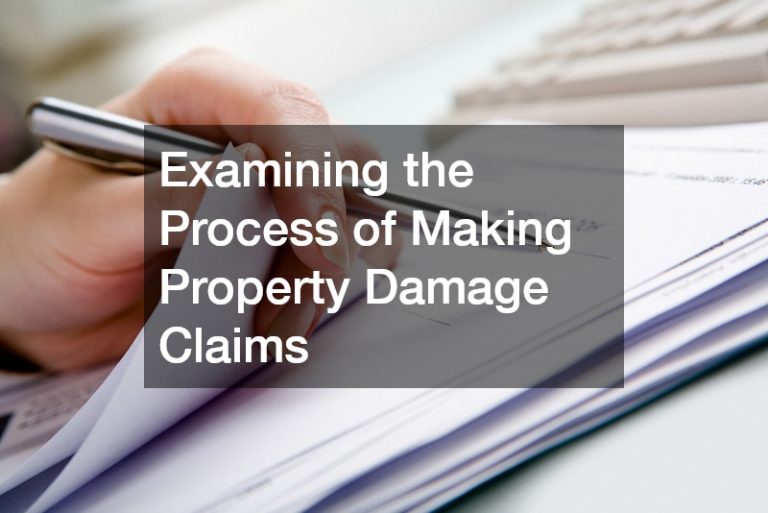Divorce law forms a fundamental part of family law systems worldwide, dealing with the dissolution of marriage....
Home
Trust administration is the legal process that takes place after a trust creator passes away or becomes...
Navigating the complexities of child custody can be one of the most emotionally challenging experiences a parent...
What a Business Law Firm Can Provide for You Running a business—whether it’s a lean start-up or...
Finding the right legal support can make all the difference in achieving a successful outcome for your...
Facing a DUI charge can be a daunting experience, one fraught with the complexities of legal jargon...
Facing a DUI charge can be a daunting experience with severe repercussions upon conviction. Having a knowledgeable...
There are multiple steps involved in making property damage claims, and understanding insights into the process, tips...
In today’s complex business landscape, hiring a corporate law firm can be an invaluable asset to your...
Understanding the complexities of American law can be daunting, especially for those unfamiliar with its various facets....









